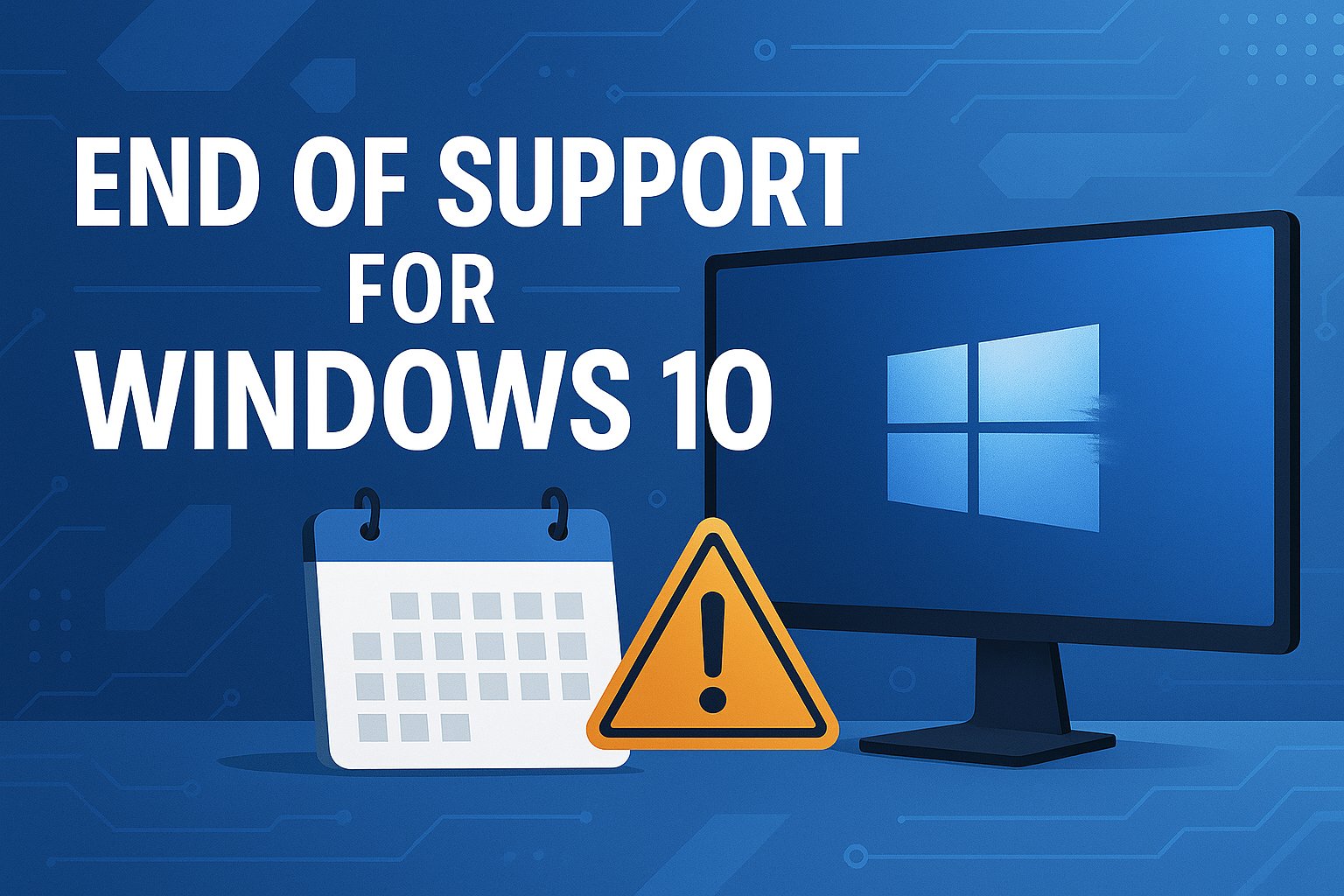Internet Security Awareness Training in Chicago
Internet security issues are becoming a daily struggle for many companies in Chicago. Recent trends, statistics, and pandemic-related effects have revealed an unprecedented increase in internet breaches. Most cases result from introducing new devices into the workspace like mobiles, IoT devices, and remote workforces.
Recent research revealed that poor internet security protocols and practices make most organizations susceptible to attacks. Training staff on identifying, preventing, and internet best practices should also be part of the organization’s security plan.
What is Internet Security Awareness Training?
According to Cybint, human error is responsible for over 90% of internet security breaches. Many internet security specialists consider untrained staff the weakest link in the fight against internet insecurity. Internet security awareness training encourages employees to understand IT security issues like internet threat identification and defense.
Employee internet security training has evolved a lot in recent years. Internet security training was a reserve for the IT security specialists and only extended to include the IT department in general. Today, all staff need to be well trained in internet security best practices if organizations wish to be safe from ransomware and data breaches.
Why is Regular Internet Security Training Important?
Cybercriminals are constantly advancing to new attack tactics, and the cybercrime landscape keeps changing. Hackers no longer target the central network but look for vulnerable endpoints to attack.
Employees who are untrained in internet security make for easy targets for hackers. Phishing and spoofing are the most popular methods hackers use and account for most breaches.
It takes internet security knowledge and discipline to hesitate and think before opening an urgent email from your boss. Internet security training equips employees with knowledge and tools to identify, report, and respond appropriately to internet threats. Good training ensures that your staff is less likely to fall prey to various hackers’ tactics and report such cases immediately.
Employee Internet Security Awareness Training Best Practices
It is essential to take a structured approach to employee internet security training to bolster your business’s defense against external threats. Here are seven key training points to consider.
1. Make Internet Security Clear to Employees
The first step in acquainting your workforce with internet security education is to establish a clear picture of your current security posture. This message needs to be:
- Understandable – avoid technical jargon that may otherwise confuse your staff and cloud the message. Use simplified terms that your non-technical staff can understand.
- Relatable – tailor your message to address personal devices and home networks instead of the company’s central network. Training passes a personal stake in your security plan to the individual employees.
- Diversified – A long lecture or email outlining your internet security plan may not be practical for all your employees. Frame it in easy and digestible bits to enable employees to receive and consume the information at their own pace.
2. Encourage Taking Care of Devices
A Forrester survey found lost devices account for about 15% of company network breaches. Train employees to take great care of work and personal devices, which may act as gateways to company networks in the wrong hands. Companies can also enable device tracking and remote wiping for devices with access to their networks.
3. Train Staff to Spot Suspicious Activity
Train your staff to identify suspicious activities to enhance internet security awareness. Teach them to identify and immediately flag activities like:
- Foreign apps and programs on their devices
- New browser extensions and tabs
- Abnormally slow devices
- Strange pop-ups
- Temporary loss of control of the keyboard or mouse
4. Reinforce Confidentiality
Employees tend to be complacent when working from home or at remote stops. Companies should emphasize the importance of passwords and authentication protocols even when employees access the network for their PJs. Just because they’re relaxed at home, security doesn’t have to be.
Additionally, train employees to use strong and unique passwords and enact periodic password changes. Discuss the rationale behind additional secure log-on features like VPNs and multifactor authentication and why they are critical, albeit time-consuming.
5. Examine Individual Internet Security Cases
Unlike in a controlled network such as an office, employees’ home computers, and internet security postures vary widely. Some may use personal networks, while others will access the company network from public Wi-Fi at a coffee shop. It may be necessary to examine and address internet security concerns individually.
6. Make Internet Security an Ongoing Conversation
Office staff spends a considerable amount of their time on internet-related activities. They may not absorb all the internet security information in a single sitting. Better practice with internet security training includes:
- Using a mix of approaches
- Keeping each session short and simple
- Using interactive methods and tactics to get them to absorb the message, e.g., infographics and video tutorials
- Follow up on current internet security trends and keep your staff updated about new types of malware and cybercriminal tactics.
- Use KPIs to gauge the effectiveness of your methods and apply phishing tests to test your employee response and plan future lessons.
Must-have Topics for Your Internet Security Awareness Training
Every good internet security awareness training should cover the following topics extensively.
- Phishing is one of the most widely spread and effective methods for hackers. Train employees to identify and defend against phishing attacks.
- Passwords and Authentication – strong and unique passwords are critical; caution employees against password reuse. Authentication protocols are essential, and employees should never bypass them.
- Ransomware – trains employees to identify and defend against one of the most popular internet security threats targeting businesses.
- Social engineering trains employees never to take their guard in social interactions and disclose sensitive information.
- Physical Security – organizations should train employees on the risks of propping doors to areas of privileged access. They should quickly identify tailgating and piggybacking and know where to report such activities.
Internet Security Awareness Services In Chicago
Employee internet security training enables your employees to participate in your business’s internet security plan. Employees can carry online vigilance and safe internet practices beyond the confines of the office to their personal lives, contributing to safer spaces.
Contact us today for more internet security training information or schedule a no-obligation security strategy review of your firm.
Thanks to Troy and Paul at Pure IT in Calgary for their ongoing support of CTI.
Why Is CTI Technology The Best Choice For IT Services In The Chicagoland Region?





















